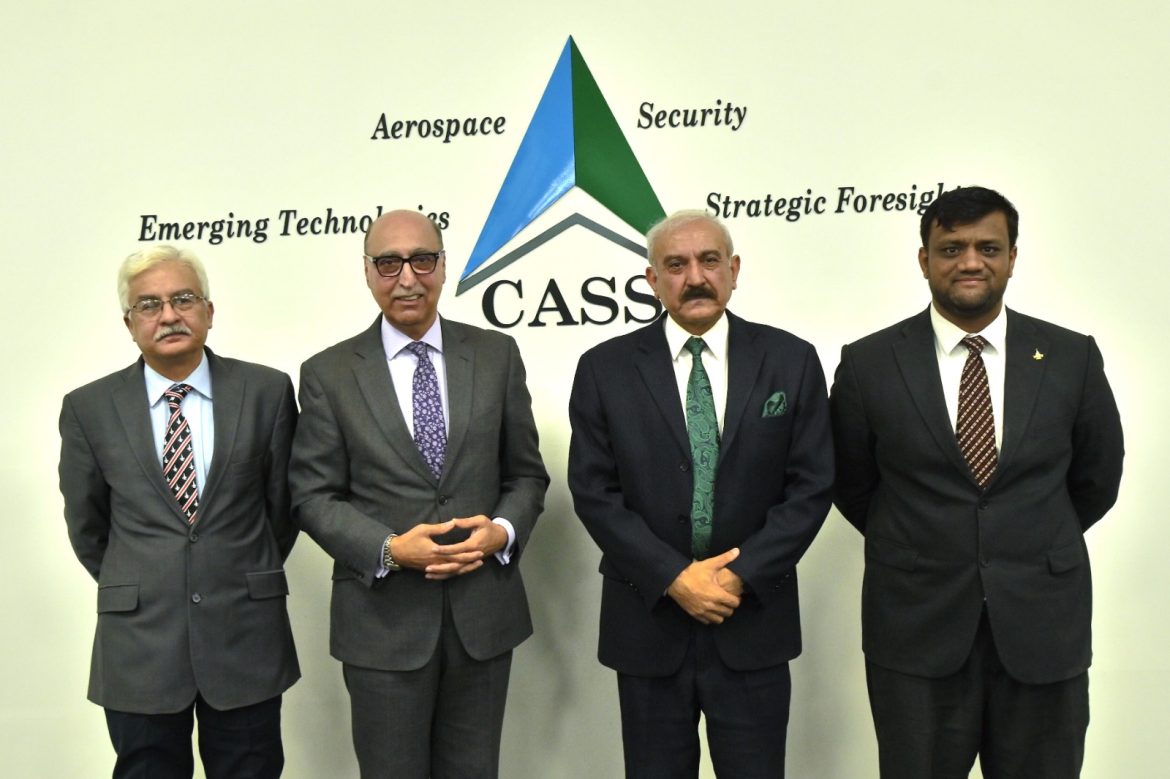ISLAMABAD ( WNAM REPORT ): The Centre for Aerospace & Security Studies (CASS), Islamabad, convened a Roundtable Conference on ‘Emerging Geopolitical Alliances and Implications for Pakistan’ on 26th November 2025. The discussion highlighted the emerging geopolitical alignments reshaping Pakistan’s regional environment and the policy responses that could best serve its national interest amid this uncertainty.
The moderator of the conference, Air Marshal Zahid Mehmood (Retd), Senior Director at CASS Islamabad, set the tone by underscoring that the year 2025 reshaped the geopolitical landscape, with conflicts from the India-Pakistan war to the Iran-Israel confrontation revealing deeper structural shifts in the international system. Strains in India-US relations and shifting Middle Eastern dynamics had created limited diplomatic openings for Pakistan while pressures along the Afghanistan border intensified. In this fluid environment, Pakistan must pursue a balanced strategy that protected its interests amid rapidly evolving alignments and emerging opportunities.
Former High Commissioner of Pakistan to India and keynote Speaker, Ambassador Abdul Basit (Retd) noted that Pakistan was navigating an increasingly complex global environment marked by simultaneous integration and fragmentation, with multiple crises unfolding in parallel as part of a broader global polycrisis. He stressed that no country could fully achieve its foreign policy objectives and cautioned that excessive rhetoric was counterproductive. Outlining Pakistan’s foreign policy priorities, he highlighted the need for regional peace, the cultivation of good relations with major powers, strong ties with the Muslim world, and the use of foreign policy to advance socio-economic development. He also noted that lasting stability with India was impossible without resolving the Jammu and Kashmir dispute.
The speaker recommended strategic patience, a sustained diplomatic approach to crisis management, and clarity on Pakistan’s long-term foreign policy goals. He underscored the importance of engaging Afghanistan either directly or through a trilateral framework involving China, and stressed that effective diplomacy abroad required strong governance at home. He also noted that despite signs of US-China détente, structural limitations persisted, with India continuing to pose a major obstacle in the regional strategic landscape.
In his concluding remarks, Air Marshal Javaid Ahmed (Retd), President CASS, commended the speaker’s clarity in articulating Pakistan’s foreign policy objectives and challenges, while reiterating that good governance remained essential for their effective pursuit. He expressed hope that the country’s political, military, and diplomatic leadership would work in concert to navigate this difficult period, further noting that the diplomatic leadership may take the lead in shaping Pakistan’s external orientation.
21


